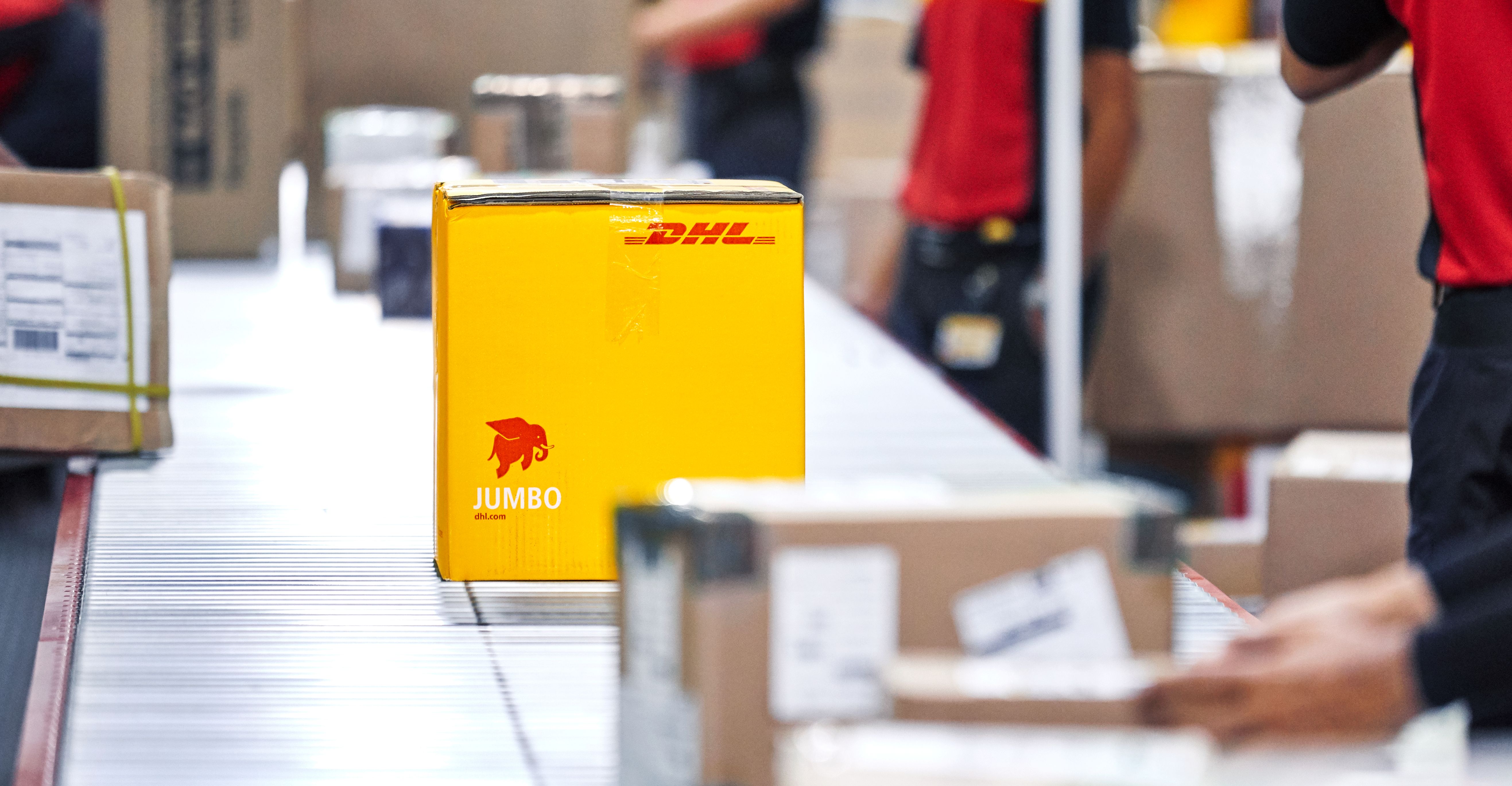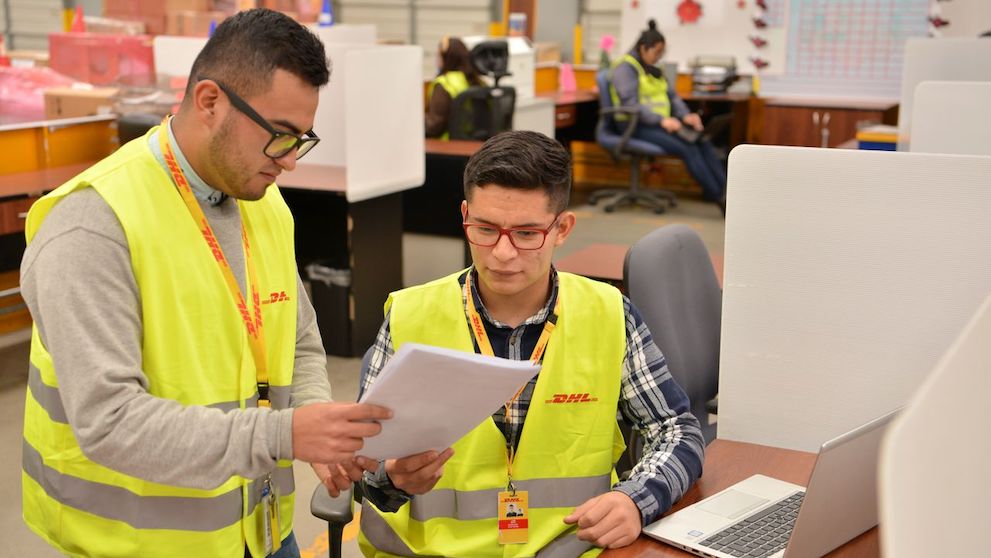Your eBay product listings have gone live, but now they struggle to gain traction, especially in overseas markets. If you’re a smaller brand, it can be challenging to be heard above the Internet’s daily noise. eBay search engine optimisation (SEO) can help.
The Malaysia edition of DataReportal’s Digital 2024 report found that 61.9% of internet users purchase a product or service online weekly. This points towards a rapidly growing e-commerce market.
More specifically, Statista’s August 2024 data on monthly e-commerce traffic in Malaysia indicates that eBay sits among the country’s top ten most visited sites. Sellers are competing in a highly saturated landscape with many similar product offerings.
Achieving high search rankings and visibility for your e-commerce business is an art and science. This starts with improving your eBay search optimisation to increase the chances of your product ranking higher in search results. In turn, your products are more likely to be seen by searchers, increasing the likelihood of conversions. This maximises your sales potential in the competitive marketplace.
This guide will equip you with the practical knowledge and techniques to optimise your eBay listings effectively. We’ll cover the platform’s search algorithm before diving into keyword research and optimisation.
We’ll also explore how you can monitor your performance and leverage partners in international shipping services such as DHL Express Malaysia for continued success.
With a bit of strategy, you can make your eBay listing more visible and drive sales.
Understanding eBay’s Best Match algorithm
eBay’s algorithm uses its Best Match formula, sorting listings based on the buyer’s search terms and the quality of your listing. In other words, to help buyers find the right sellers, eBay looks at the relevance of each listing, how well the seller engages users, and seller performance to determine your search result rankings.
Here are some indicators to evaluate your listing quality:
- Click-through rate: The percentage of people who clicked on your listing after seeing it in search results. This metric indicates interest in your listing.
- Conversion rate: The percentage of sales out of your total listing page views. This shows how effectively your listing is converting visitors to customers.
- Seller rating: The percentage of reviewing buyers who gave you positive feedback. Having a high seller rating builds buyer trust and helps you rank higher on the eBay algorithm.
eBay keyword research and optimisation
To successfully leverage SEO to make your eBay listing more visible, keyword research is crucial. Using relevant and high-traffic keywords helps the eBay search index and rank your listing accurately. Follow these techniques when you’re conducting keyword research:
- Find related keywords: Type your product in the eBay search bar to find suggested keywords. Look out for things like brand names, sizes, styles, and colours that relate to your product.
- Know your competitors: The keywords in competitor listings also give an idea of relevant keywords, so it’s good practice to check this out.
- Look out for the most searched keywords on eBay: When you’re filling in the item specifics fields in your listing, have a look at your keywords’ search volumes. This indicates what people are looking for, which you can use to your advantage. However, avoid misrepresenting your product as buyers can request a free return and full refund from you in such cases under the eBay Money Back Guarantee policy.
Now that you've identified your target keywords, it’s time to incorporate them into your listings. To achieve maximum visibility and relevance, pay attention to using keywords naturally. Do also aim to be as clear and concise as possible. The following section will elaborate on this.
10 eBay SEO tips for a compelling listing
You’re more likely to resonate with your buyers through compelling and informative listings.
Since search results depend on what buyers type into the search bar, use these ten eBay SEO tips to ensure that your products will appear before the right people:
1. Be precise and relevant with your product titles
At first sight, the buyer should have a good idea of your product. Incorporate relevant target keywords here. If yours is a trending item on eBay, this is a prime opportunity to let your product shine.
Keep to a logical structure, placing the most critical information within the first 52 characters.
2. Give an accurate item description
Help buyers read your listing easily by writing concisely and clearly, preferably in point form. Include details such as model numbers, sizes, and colours.
Prioritise the most important details, and incorporate your top keywords naturally. And, of course, proofread what you’ve written. This is how you can increase your eBay click-through rate.
3. Use high-quality photos
Photograph your item from different angles, ideally in natural light. For second-hand items, be sure to show any flaws that the buyer should be aware of. High-quality photos help boost buyer confidence and your click-through rate.
Include at least six images, with the most attention-grabbing one as your lead image. Do also optimise your alt texts with keywords. Be brief and descriptive. This helps eBay’s search engine to understand the image contents for more optimised ranking.
4. Avoid keyword stuffing
Don’t overload your listing with keywords in the hope of gaming the search algorithm. This compromises readability and is discouraged by eBay.
Instead, focus on incorporating keywords naturally.
5. Research your competition
Understanding other sellers and products in the marketplace can give you insights into what’s in demand, pricing opportunities, and your potential market share. This can help you to identify your strengths to differentiate yourself, potentially improving your conversion rates.
6. Choose your selling format
Place your listing in the right selling format and category. For example, if the price you want to receive for an item is not negotiable, the fixed price format would be more suitable. For more fluid prices, the auction format would work better.
7. Classify your item accurately
From perfumes to health supplements, there are a myriad of item categories available on the marketplace. Buyers often search for items by applying filters under eBay’s advanced search.
Selecting the most relevant categories for your item ensures you appear in the right searches so that buyers can find you. The eBay Market Research tool is also helpful for finding the best-performing categories at any given moment.
8. Include your selling terms
Your selling terms include more logistical information such as shipping costs, accepted payment methods, and your return policy. If you’re shipping out of Malaysia, be sure to specify any limits to your international return policy.
9. Keep a good seller track record
By delivering your items on time, being upfront with product descriptions, and responding promptly to buyers, you build a better history and seller rating.
Sellers with better customer service are also more likely to attract return buyers.
10. Optimise your eBay listing for mobile
Keep in mind that many buyers are browsing eBay on mobile devices. According to DataReportal, mobile phones take up over half of web traffic share in Malaysia, at 56.78%.
You’ll want to make your listings mobile-friendly to make the mobile browsing experience better. For instance, use a base font size of 16px to ensure readability on mobile.
Monitoring performance and refining eBay SEO strategies
Of course, all this effort is only half the battle won. Monitoring your performance is essential to continue improving product visibility and keep your metrics healthy. This involves analysing search insights and sales data to fine-tune your eBay SEO strategy as needed.
For eBay sellers, use the Seller Hub to access analytics such as sales, traffic, conversion rates, and average selling prices. Third-party SEO tools such as Ahrefs and Keyword Tool are also helpful for further SEO keyword research. These platforms widen your SEO research scope beyond the eBay platform, helping you craft a more well-rounded SEO strategy. This strategy is the first step to letting your e-commerce business take flight.


















































